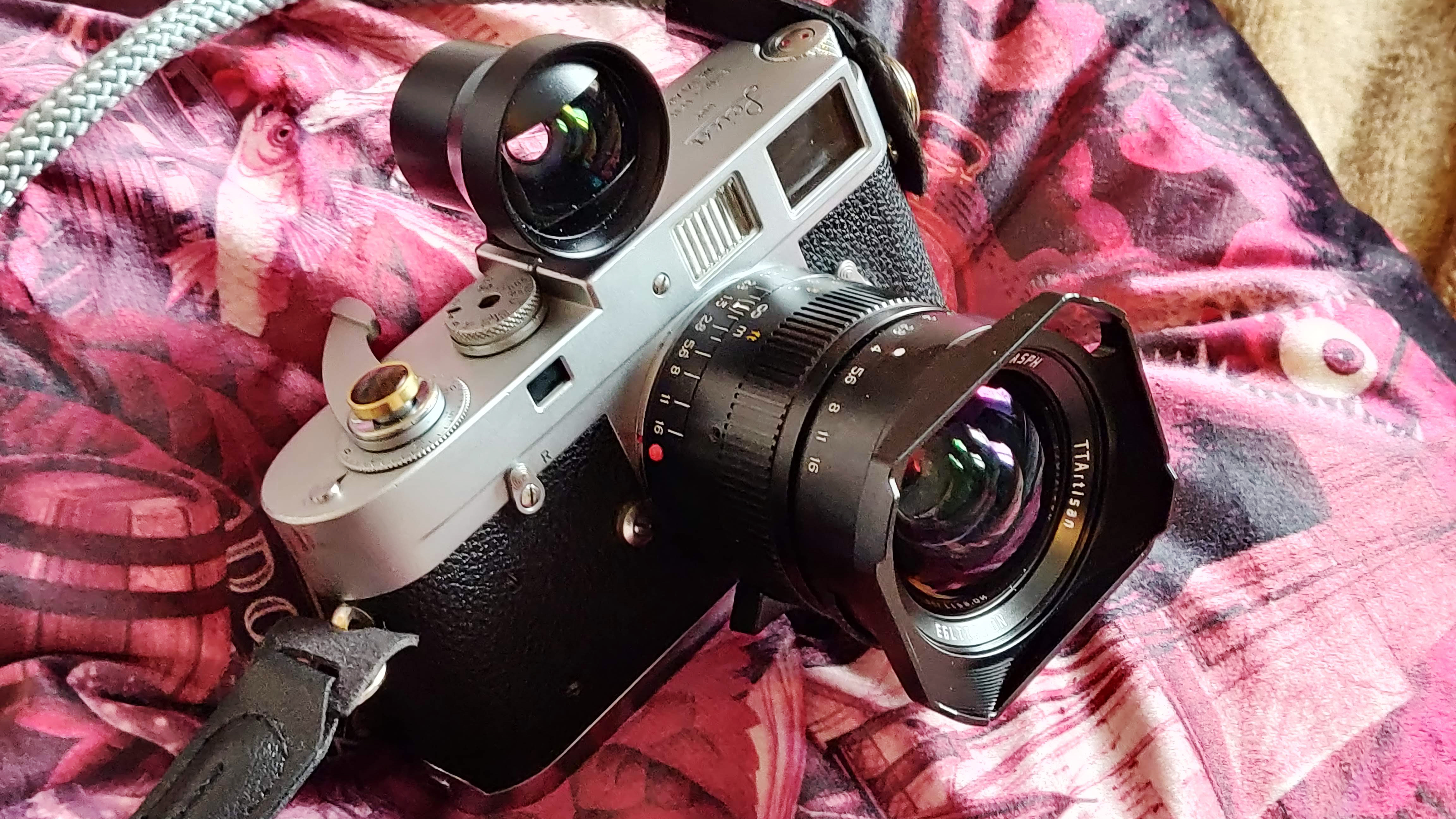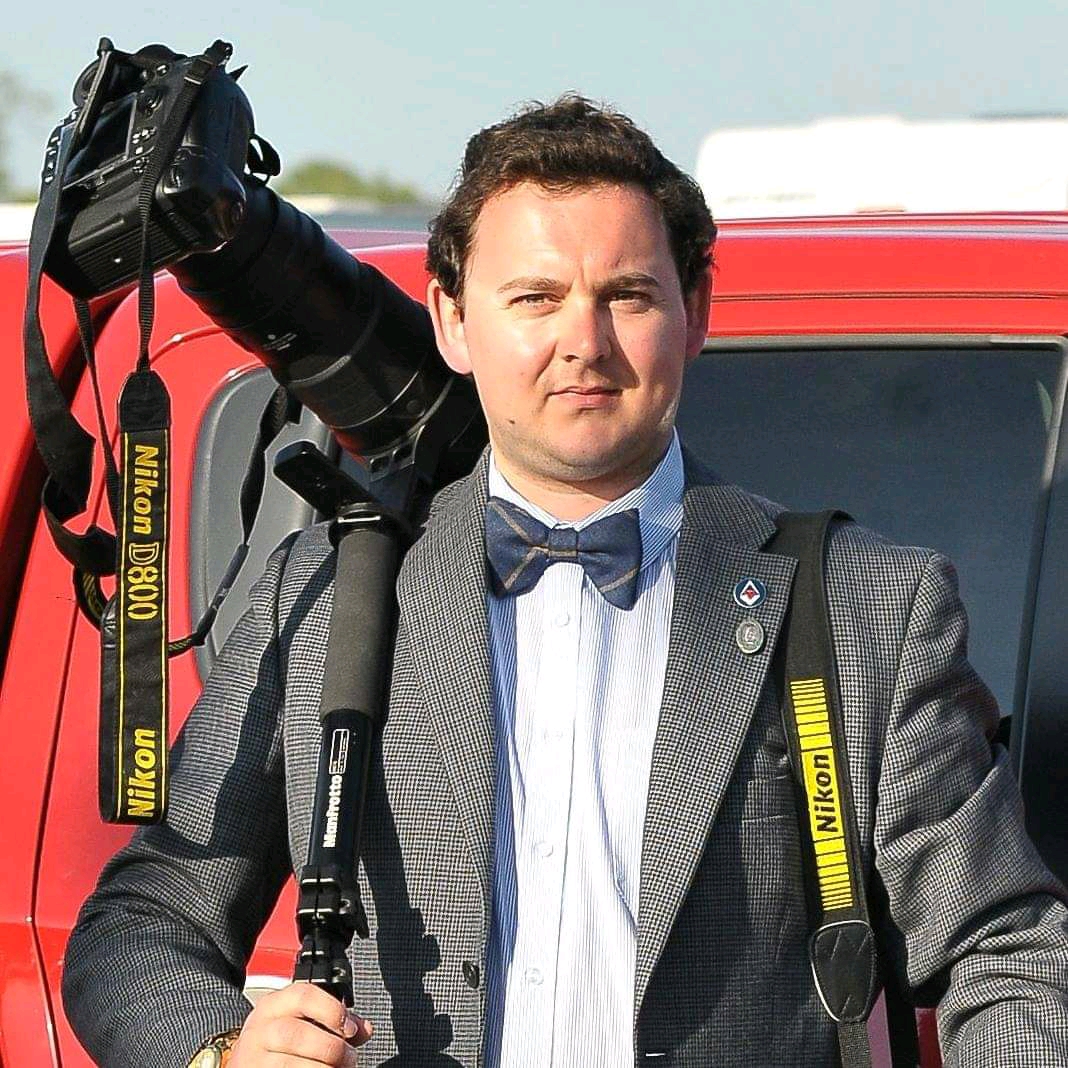It'll take 6 months to repair my film camera. Is the industry REALLY ready for new ones?
I was quoted 6 months to get my Leica film cameras fixed – is the industry really ready to make new film cameras yet?

Despite living in a world where digital photography reigns supreme, and the best mirrorless cameras are arguably the finest imaging tools we've ever seen, analog photography has seen a massive resurgence.
It has led to the likes of Pentax launching a new film camera and Mint reintroducing the Rollei brand with the Rollei 35AF. Film and analog cameras have become a very attractive option for many photographers, but sadly nostalgia only lasts so long when these cameras break down.
Sadly my wonderful 59-year-old Leica M2 had a shutter curtain failure, and I needed to get it repaired. I had only three options: send it directly to Leica in Germany, which would be very expensive, or send it to one of two independent camera repair shops and swallow a massive six-month turnaround.
This begs the question: with new film cameras on the horizon, and skilled repair people limited, is the industry ready for new film cameras?

If you think about it, it's quite concerning. There are many film cameras out in the wild, some with very old electronics, and when they go bad, they can become very expensive paperweights.
It's a known issue that, when Hasselblad XPan electronics die, it's very hard to find parts to make them work again (unless you have a donor camera) – and workshops that can fix these kinds of cameras are overwhelmed, as they are the only people in the world who can fix them.
We have even heard from the likes of Pentax that they simply had to "re-engineer" or what is commonly known as "backward-engineer" its own film cameras, just to know how a film advance works. So how can we expect these new film cameras to be supported, if the knowledge and know-how for these types of cameras is either long gone or reserved for the artisan workshops?
Get the Digital Camera World Newsletter
The best camera deals, reviews, product advice, and unmissable photography news, direct to your inbox!

We can also expect that these new film cameras will be quite expensive, as much as $500 and upwards, and what happens if something breaks? We can't all be expected to wait six months to have our new film camera back, and then to be hit with a hefty bill due to the hours it takes to fix them since all the experts are so scarce.
Something has to change, I don't know what, but it might mean that for the first time in a very long while the likes of Pentax might have to train new technicians to work on film cameras. That's something I would never have imagined in 2024!
As for the present day, I guess I won't see my wonderful Leica M2 until September with a nice big bill to match. Is it worth it? Of course. Would I like it to be a lot less time? Yes! Do things need to change if more new film cameras are developed? Certainly!
If this has put you off the best film cameras, you can always check out the best retro cameras – they look like film cameras but pack the best mirrorless camera tech inside!

For nearly two decades Sebastian's work has been published internationally. Originally specializing in Equestrianism, his visuals have been used by the leading names in the equestrian industry such as The Fédération Equestre Internationale (FEI), The Jockey Club, Horse & Hound, and many more for various advertising campaigns, books, and pre/post-event highlights.
He is a Fellow of the Royal Society of Arts, holds a Foundation Degree in Equitation Science, and holds a Master of Arts in Publishing. He is a member of Nikon NPS and has been a Nikon user since his film days using a Nikon F5. He saw the digital transition with Nikon's D series cameras and is still, to this day, the youngest member to be elected into BEWA, the British Equestrian Writers' Association.
He is familiar with and shows great interest in 35mm, medium, and large-format photography, using products by Leica, Phase One, Hasselblad, Alpa, and Sinar. Sebastian has also used many cinema cameras from Sony, RED, ARRI, and everything in between. He now spends his spare time using his trusted Leica M-E or Leica M2, shooting Street/Documentary photography as he sees it, usually in Black and White.
